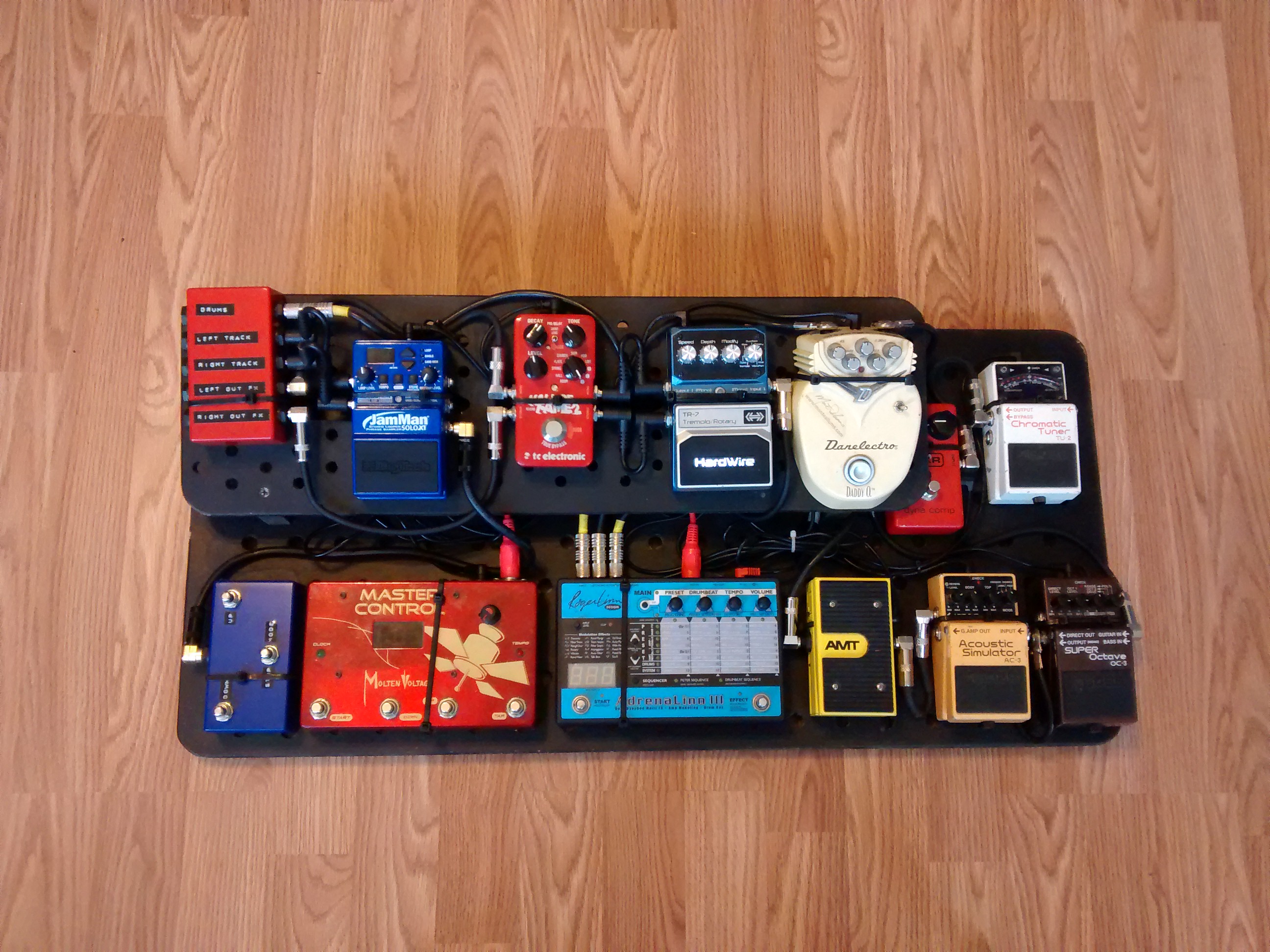A big part of having a blog is writing stuff. And as a semi-serious writer, I don’t really have a lot of time to mess with stuff that’s gimmicky. I need something simple, effective, and trouble-free.
For writing blog posts, I normally would use the WordPress editor- until I discovered they recently replaced it with a piece of garbage something called the “Gutenberg Editor.” I’ll be honest: the new WordPress Gutenberg block editor is extremely frustrating and unintuitive for me. And I’m not alone. As for now, you can install a plugin that lets you revert back to the classic WordPress TinyMCE editor (why do I even have to manually install something for that??).
But the absolute worst part of this whole disaster is that WordPress admins and developers absolutely don’t care at all that everybody hates it. This alone is enough reason to give me pause.
Realistically, this is a huge PR disaster for Automattic. They have gotten so much negative press for this, they’d have to be blind not to realize this mandatory rollout was a huge mistake. It even caused their Accessibility lead developer to resign.
I’m not a web developer or a programmer- I’m a writer. I don’t do custom coded plugins, I don’t use custom media types, I don’t mess with CSS or PHP unless I have to, and even if I did, there are already plugins that handle all those functions.
I don’t use WordPress.com’s commercial products- I use the open-source software backend to run my self-hosted site. I feel like they should be free to develop whatever they want for paying clients as need be, but the backend should have been left alone. It’s painfully obvious they only were considering their commercial clients, and not the thousands of developers (running millions of sites) that use the backend in different ways. Even with thousands of pieces of feedback saying this was a bad idea, they went forward with it anyway.
However:
In an attempt to not sound like a whiny brat, I’m going to actually try to make something good out of this. I understand why WordPress.com changed their editor to compete with other layout-driven website designers like Wix. I understand that the old editor had issues. I know there needed to be improvement (even if I vehemently disagree with the direction they went).
So in order for me to fully use the Gutenberg editor, it will require me to learn what it can do, and why. Only then will I be able to give constructive feedback to hopefully make it better for people like me, who don’t care about all the developer stuff and just want to write.
Going forward, I will be documenting my foray into the Brave New World of blocks and web developing and all that stuff, even if only for me to be able to have a well-reasoned argument as to why I don’t like it. Who knows, I may even throw in a tutorial here and there as I learn how to use it.
But really, isn’t writing supposed to be fun and enjoyable? It kind of makes me wonder if WordPress was trying to make blogging more difficult. I don’t appreciate them trying to force me to become a developer (or having to pay someone else to). I just want to write.
We shall see: time will tell. The proof is in the pudding. And all that stuff.
(But I’m still a firm believer in “If it ain’t broke, don’t fix it.”)









